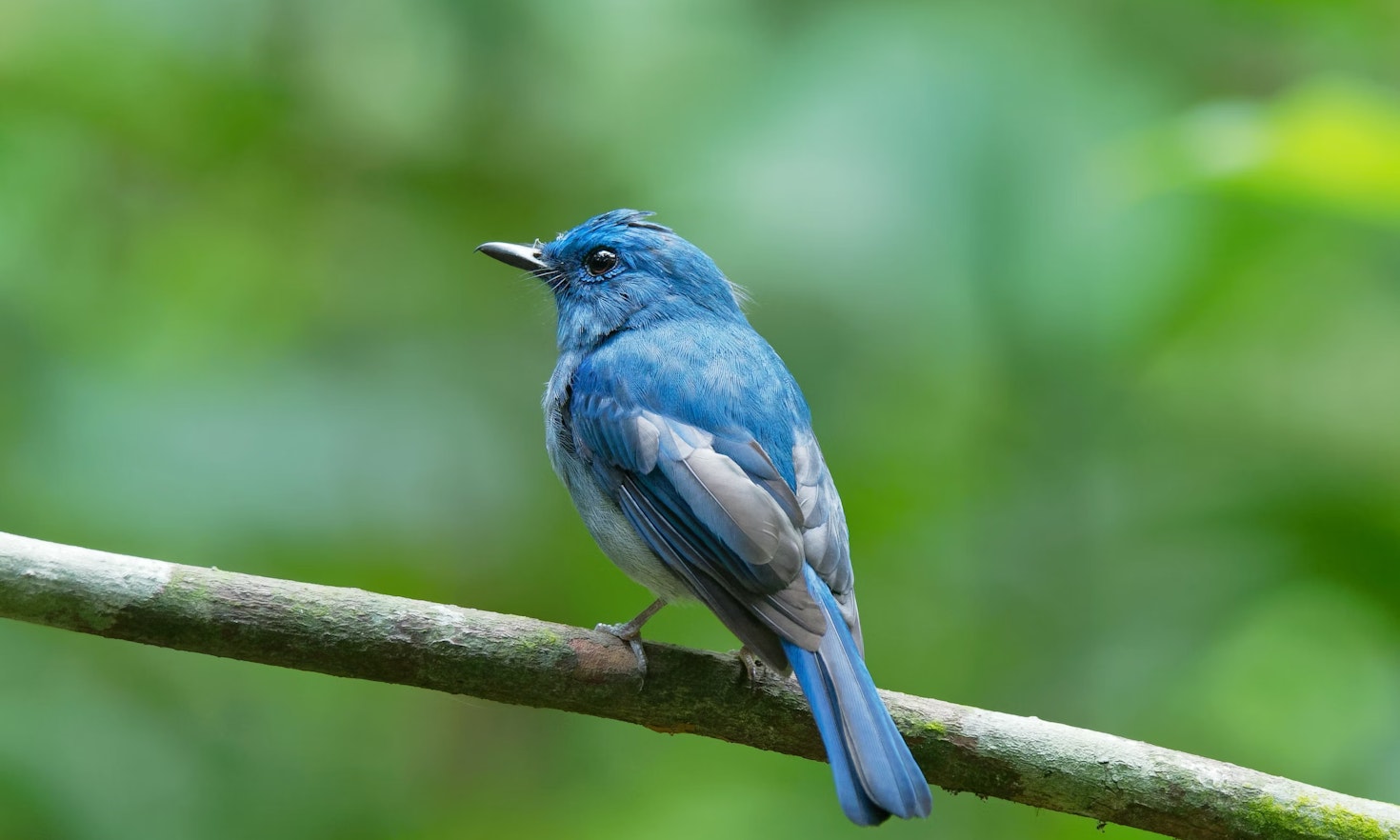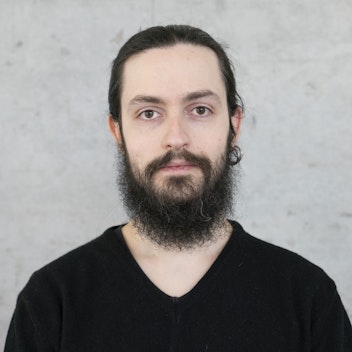Was Twitter a good boy?

Twitter has always been a hotbed for controversy. Now that it’s been teetering on the edge for months, we ask ourselves: was it any good for science? The answer is yes.
Social media platforms are not just tools for scientific networking and divulgation, provided one can dodge the barrage of minkiate (bullshit), but they are also subjects to study in their own right. In this era of digital communication, they play a significant role in shaping language change, making them fascinating data sources for linguistic research.
Twitter, an immensely successful platform known for its fast-paced and conversational nature, is an ideal stage for one of the key drivers of language change to manifest itself: lexical innovation, the process of creating new words and phrases. Or at least that’s what motivated us to form a team focusing on detecting innovative forms in the Italian Twitter timeline.
We were not disappointed.
Focusing on just geotagged tweets from 2022 (less than 1% of the total in Italian), we identified 346 innovative words, and it’s hard to overstate how brilliant some of the wordplay is. In fact, we quickly realized that innovation in this setting is not driven by the necessity to indicate new ideas, but rather by attention-seeking, amusement, and creativity!
Somewhat unsurprisingly, many of the cleverest examples come from politics or adjacent themes: cessodestra (centre-right reading as “toilet”), pdioti (centre-left reading as “idiots”), sinistronzi (left reading as “assholes”), grillopitechi (affiliates of comedian-politician Beppe Grillo reading as “monkeys”), lettamaio (names of politicians E. Letta and L. Di Maio reading as “pigsty”), gretina (name of activist Greta Thunberg reading as “cretin”), and presiniente (president + nothing).
While the above portmanteaus are quite fun, we found that other mechanisms like loan words, addition of suffixes, and orthographic variation are more frequent: three emblematic examples are gomblotto (derogatory for “conspiracy”), scienzah (derogatory for “science”), and pisellate (the metaphorical act of wielding a penis to whack somebody or something).
The list could go on, continue being funny, and get even more profane . However, we’re bound to end our whimsy and close this on a sad note. As almost everyone knows, a renowned trollazzo (troll) recently took ownership of Twitter and sharply steered its direction. Many people waiting for free academic access to data were ghostati (ghosted) and a flurry of posts from distressed academics trying to finish their theses flooded many forums. We were simply blessati (blessed), as we managed to get enough data just a couple of days before the taps were definitively closed.
As much as we are used to considering social networks as public goods, they ultimately are services backed by companies who run them for profit. After Twitter, other companies followed suit and made public access to data unavailable and academic access prohibitively expensive. Today, the reason why this happened is evident: the advent of large language models made it undeniably clear that data is worth money.
Make no mistake, though: we’re not here to discuss the legitimacy of these companies’ policies, whether and how they should be regulated to support scientific research, or even to commemorate how Twitter was a champion of openness for many years. We’re here to answer a simple question. Was Twitter a good boy? No. We’re told it was the best.

Tags
Citation
This content is licensed under a Creative Commons Attribution 4.0 International license except for third-party materials or where otherwise noted.

Perché non abbiamo bisogno di un Ministero dell'Istruzione e del Merito. Un appello ad orientarsi verso la giustizia educativa.
 Nadja Thoma
Nadja Thoma
What does a linguistic ethnographer do?
 Andrea Renee Leone Pizzighella
Andrea Renee Leone Pizzighella
Don’t research participants act differently when they know you’re watching?
 Andrea Renee Leone Pizzighella
Andrea Renee Leone Pizzighella